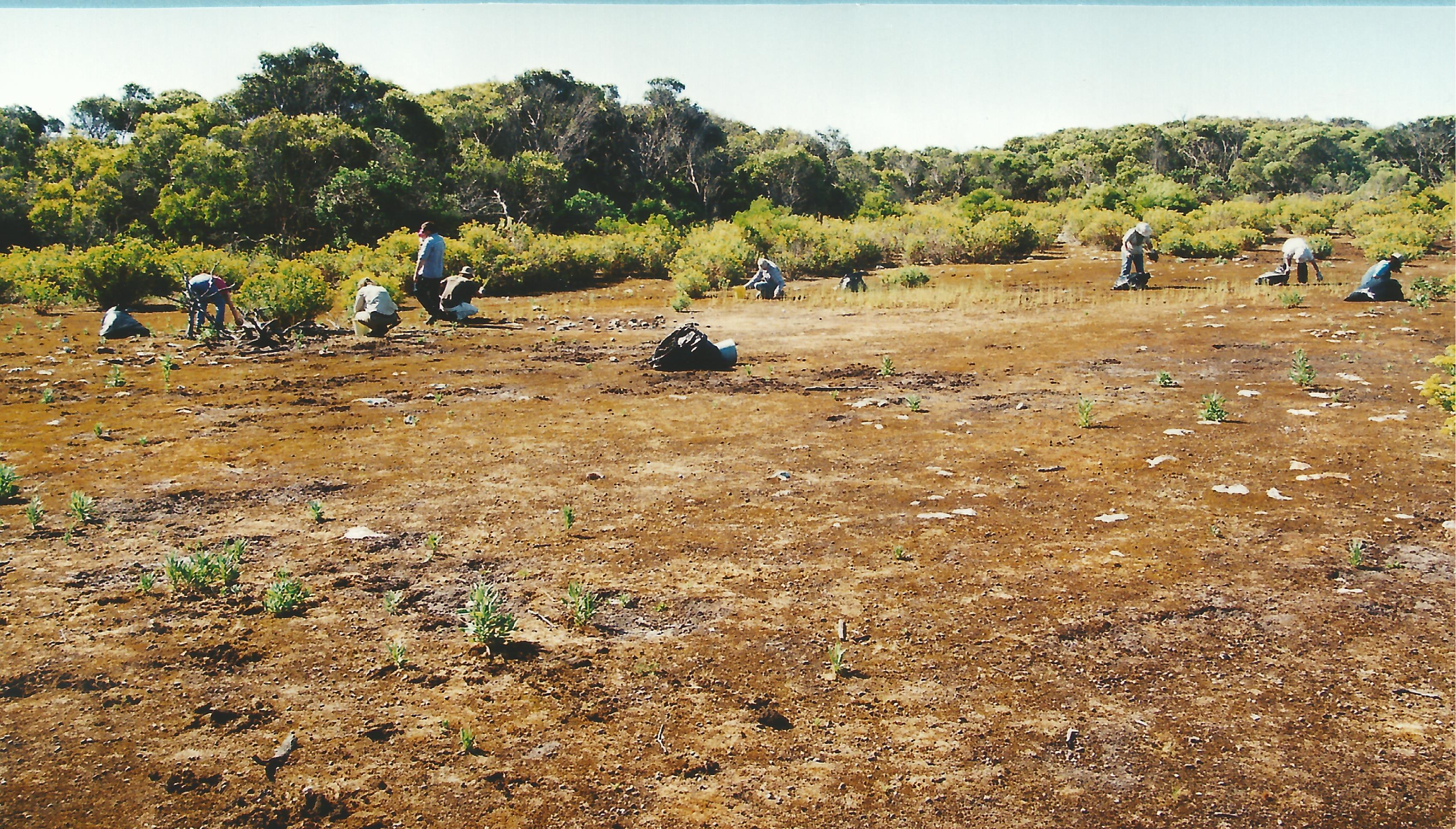D'Estrees Bay Self Guided Drive
Stop 5 - Wreckers Beach
Along the beaches of D’Estrees Bay you wills see large deposits of seagrass washed ashore. Extensive seagrass meadows flourish in D’Estrees Bay due to the low wave energy and shallow sunlit waters of the bay. A good place to see this is at Wreckers beach.
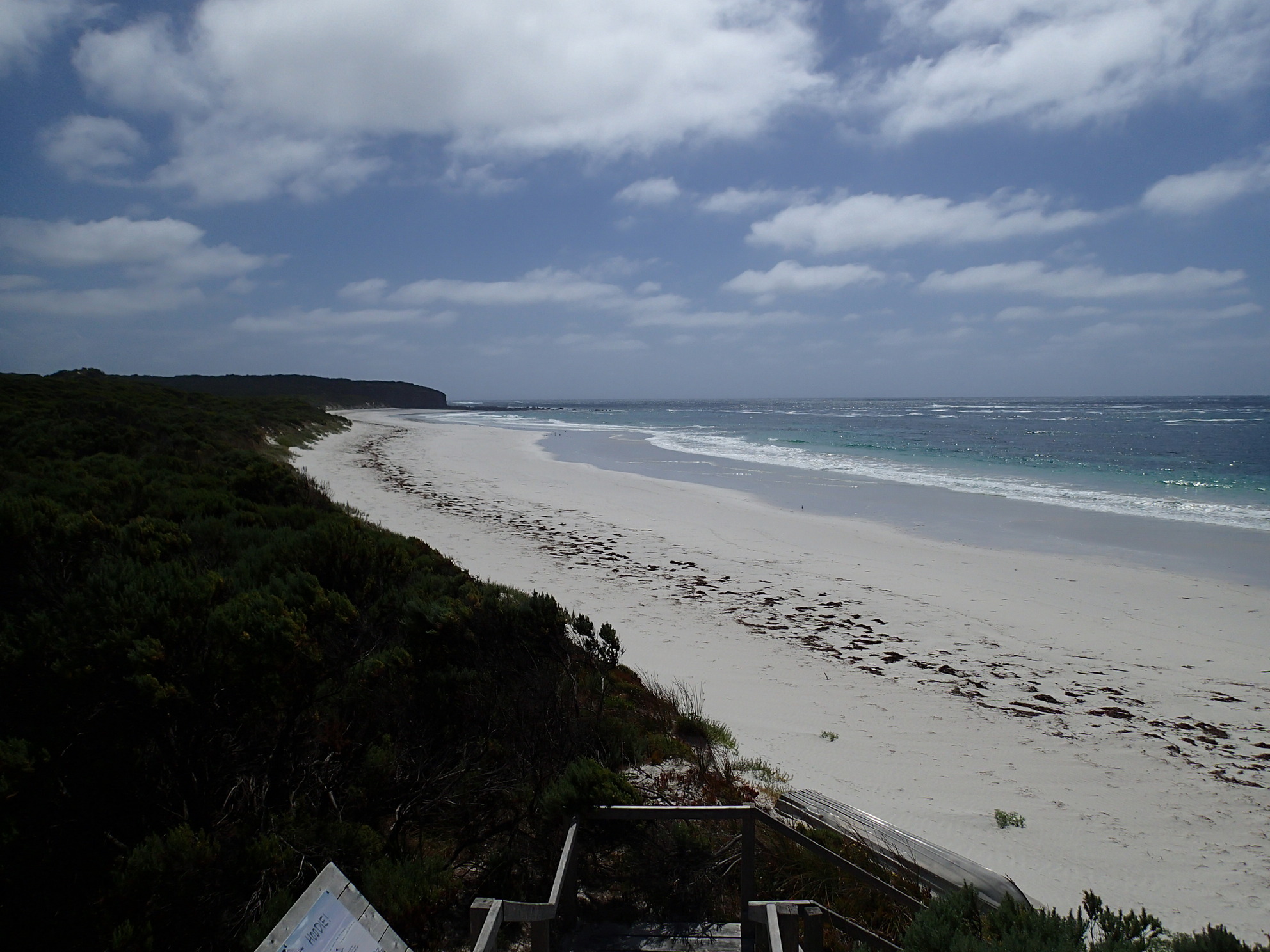
Seagrass meadows play a vital role in the food chain of near shore marine ecosystems, providing a home for many animals including fish, crabs, sponges, sea snails and octopus. Many fish also use the meadows as area in which to breed.
Australia’s temperate waters contain some of the largest and most diverse seagrass beds in the world. Often described as the lings of the ocean, these meadows are vulnerable. Many thousands of hectares of seagrass have died over the last century, smothered by increased loads of sediment and nutrients entering the oceans, which reduce the intensity of light reaching the grasses. Once damaged the dominant temperate seagrass Posidonia may take hundreds of years to regrow and recolonize.
Nautilus are an ancient member of the octopus group of animals, cephalopods. Nautilus live in extremely deep water, about 500m, off Kangaroo Island. They come closer to the surface at night to feed and scavenge on dead animals.
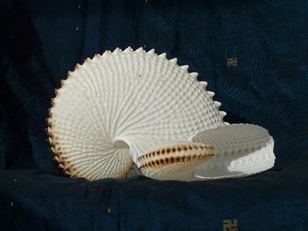
Wreckers Beach is a popular beach for recreational fishing. The most common fish caught in the area are Australian Salmon, Flathead, King George Whiting, Yellow-eyed Mullet and Trevally. Ensure you observe the South Australian Fishing Regulations. For up to date information refer to http://www.pir.sa.gov.au/fisheries or phone 1800 065 522.
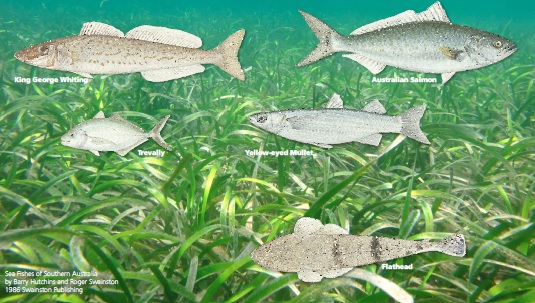
Friends of Cape Gantheaume Activities
In 2000 the Friends of Cape Gantheaume received funding for the construction of a Dutch Ladder from the campsite to the Beach at Wreckers Beach. The group continues to maintain this facility.
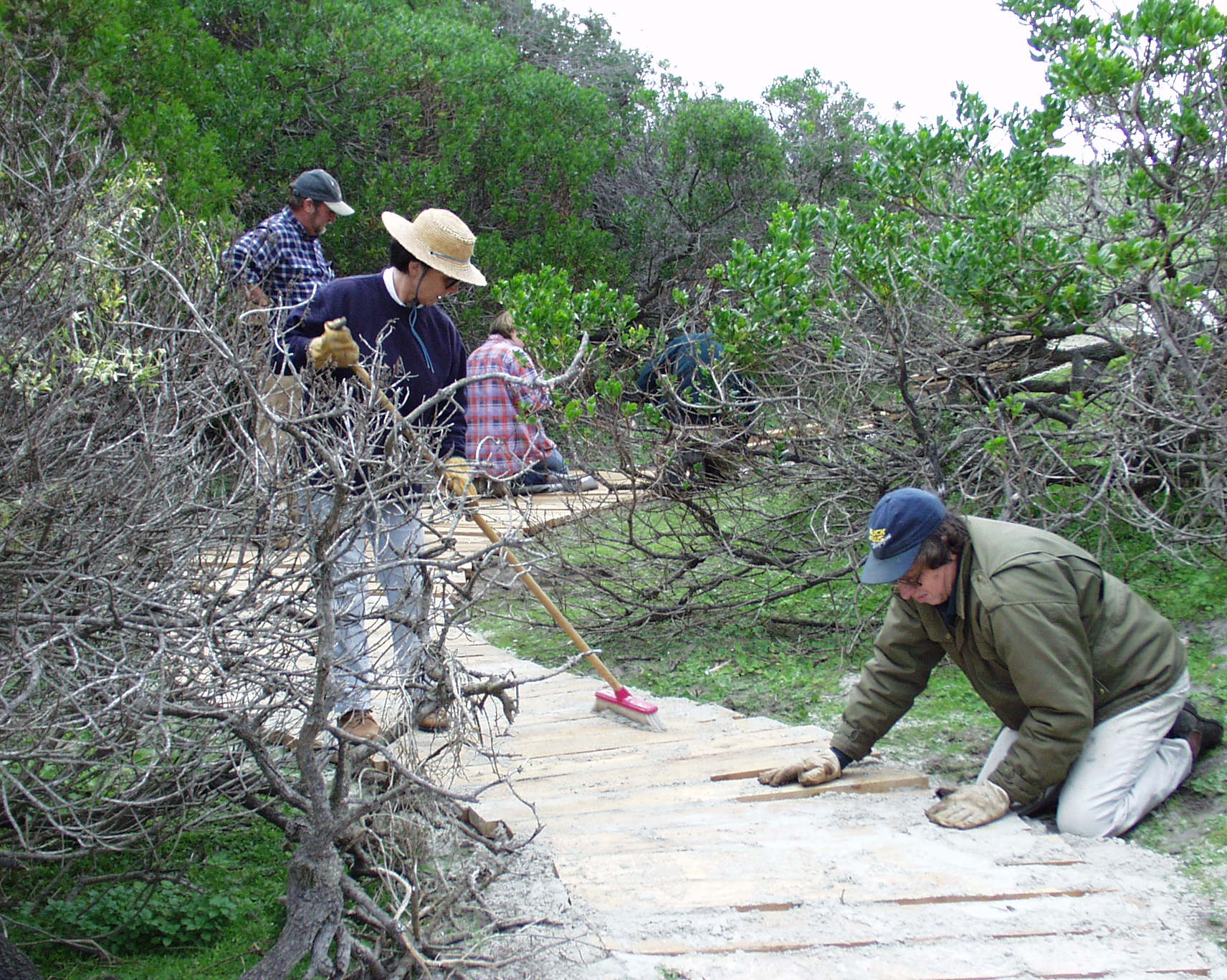
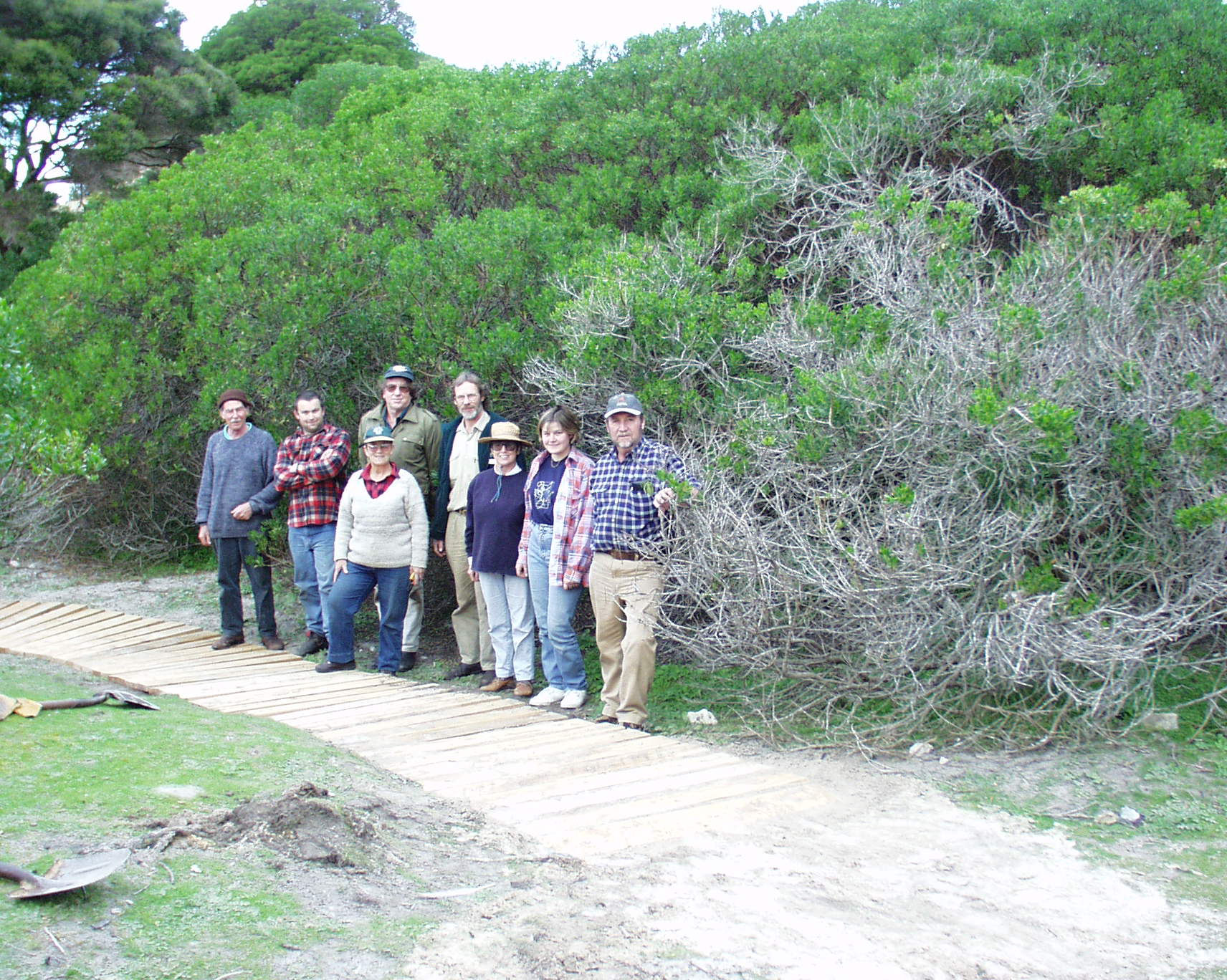
In late spring and early summer each year the Friends of Cape Gantheaume control the Wild Prickly Poppy that occurs in limited locations around the entrance to Wreckers beach Car Park. The presence of this weed is becoming increasingly rare.
